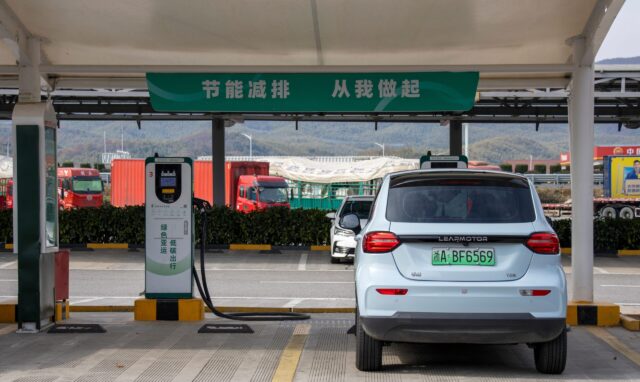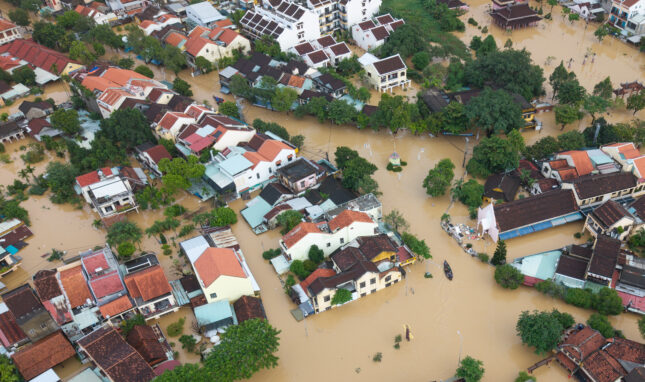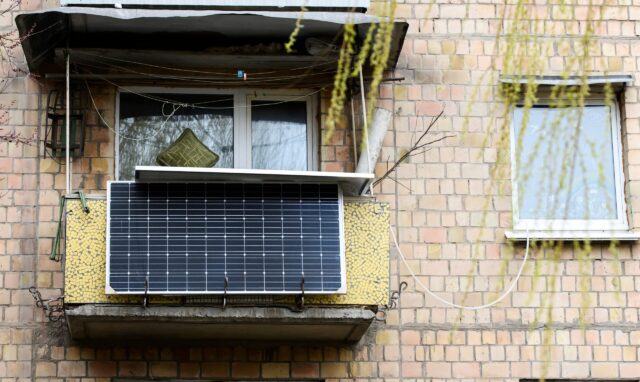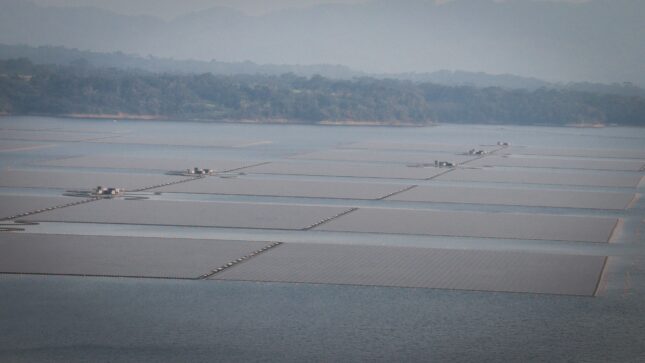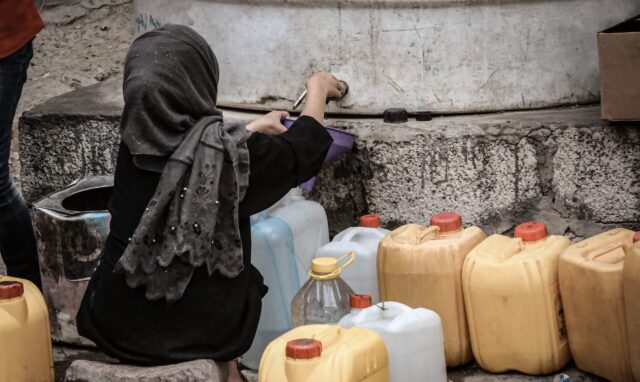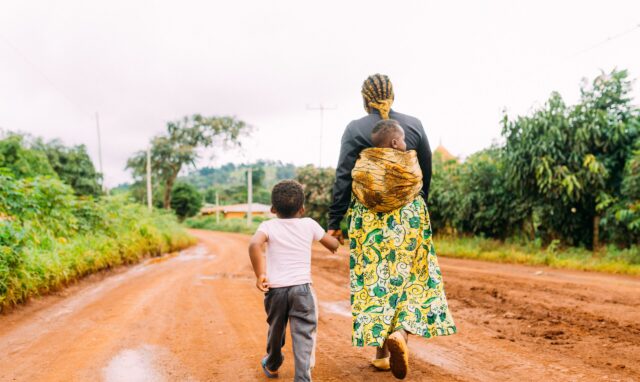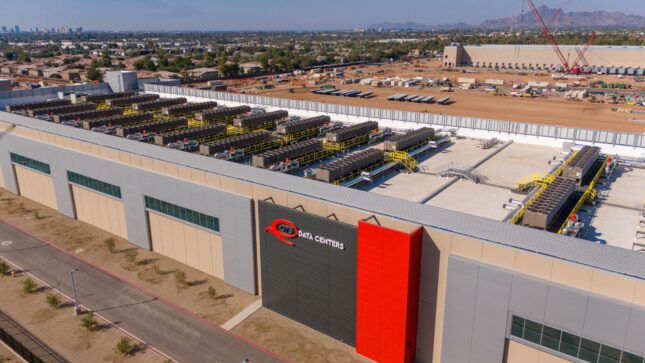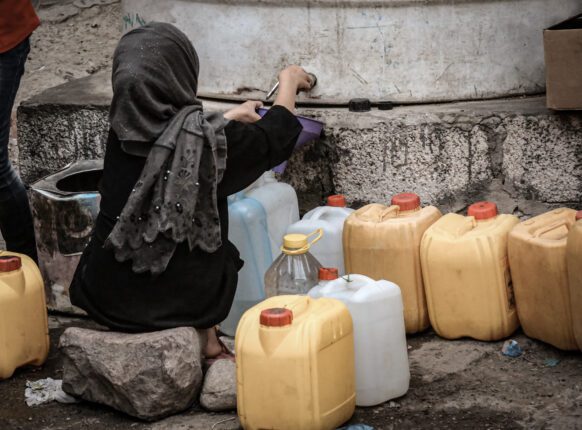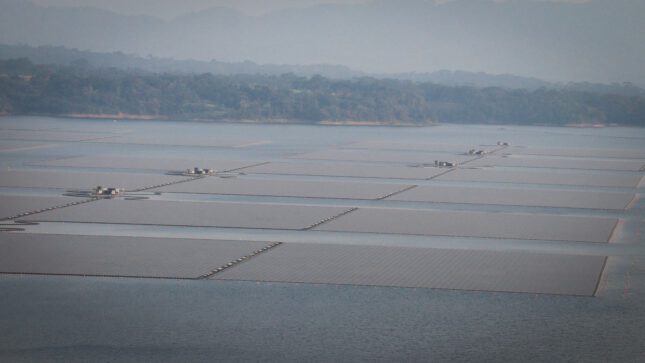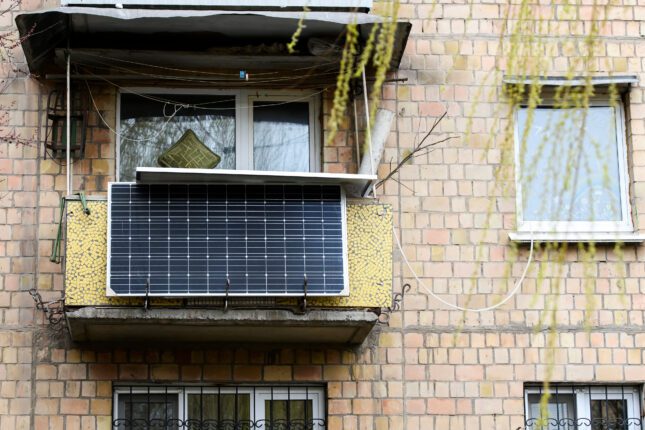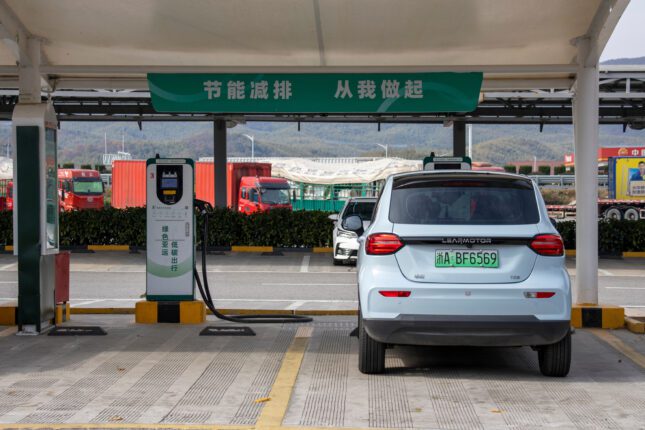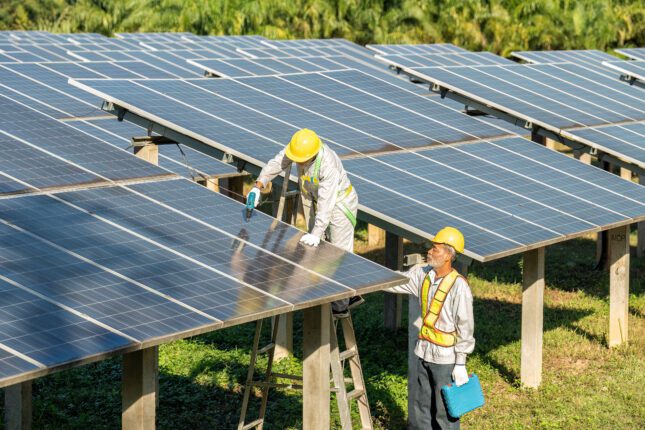-
Gender Confluences and Divides: Insights from a New Afrobarometer Survey
›December 8, 2025 // By Joseph Asunka
The latest poll in a series of Afrobarometer surveys reveals just where Africans unite on sexual and reproductive health and rights (SRHR)—and where they diverge. There is strong support for women’s autonomy in marriage and reproductive decisions, but clear divisions on contraceptive access.
-
Environmental Security Weekly Watch: December 1-5, 2025
›December 5, 2025 // By Madelyn MacMurray
A window into what we’re reading at the Stimson Center’s Environmental Security Program
Deforestation and Flooding Turns Fallen Timber into Projectiles in Indonesia (The New York Times)
When Cyclone Senyar struck in late November, its death toll numbered 800 people across Indonesia, Malaysia, and Thailand. The Indonesian island of Sumatra saw a particular sort of damage as the storm unleashed sixteen inches of rain in parts of the island, wiped out four villages, and triggered flash floods and landslides. Decades of razing and converting natural forests into palm oil plantations, pulpwood farms, and gold mines drastically increased the region’s vulnerability to floods and landslides to the point that timber was transformed into projectiles that destroyed residences and infrastructure.
-
Water Conflicts Surge Globally: Peter Gleick on Rising Threats
›December 4, 2025 // By Madelyn MacMurray
Events over this past year have made water’s role in global conflicts increasingly salient. India threatened to restrict water flows to Pakistan in response to cross-border terrorism. Cyberattacks targeted water facilities across the United States and United Kingdom. And water infrastructure became a deliberate casualty in conflict zones from Ukraine to Gaza.
-
China Taps Indonesia’s Solar Potential
›
In late 2023, Indonesia’s then President Joko Widodo presided over the launch of the country’s first floating solar power plant on the Cirata reservoir in West Java. Widodo touted how at 192MW it was “the largest floating solar plant in Southeast Asia.” He added the solar plant could eventually reach 500MW, generating enough electricity to power over 100,000 households in Indonesia. This floating powerhouse, made up of 300,000+ Chinese-built PV panels stretching 250 hectares on the water, has become the poster child for Indonesia’s commitment to going solar.
-
What Asia Can Learn from Ukraine’s Quest for Energy Security
›December 2, 2025 // By Angeli Juani
Within a month of escalated Russian airstrikes on its energy systems in October, Ukraine secured U.S. liquified natural gas (LNG) imports via Greece for the coming winter. While this deal demonstrated both the nation’s rapid wartime agility and capacity for energy diversification, it is only one part of a broader transformation of Ukraine’s energy future.
-
In the Blindspot: Security and Chinese EV Exports to the Global South
›The most persuasive argument for global EV adoption is the positive impact that these vehicles have for the environment. A scientific consensus has emerged around the benefits of electric vehicles and their zero tailpipe emissions, ranging from local air quality improvement to increased energy efficiency.
-
Environmental Security Weekly Watch: November 17-21, 2025
›November 21, 2025 // By Madelyn MacMurrayA window into what we’re reading at the Stimson Center’s Environmental Security Program
As COP30 Concludes, Experts Call for Reform (Reuters)
Interviews with experts attending COP30 highlight a growing movement for reform to the UN climate negotiations. In particular, there is alignment on a key critique of the current COP structure which calls for a full consensus of nearly 200 countries to make decisions. Since this requirement historically has allowed more ambitious efforts to be blocked during negotiations, suggestions for reform have included the following: a shift to a majority-vote model, holding COP every other year, convening smaller action-focused gatherings, and downsizing COP to exclude big business contingents.
-
Energy Security and Global Climate: How India Navigates Middle East Volatility
›The recent conflict between Iran and Israel, as well as Iran’s threat to close the Strait of Hormuz, have done more than starkly expose the risks of geopolitical instability in the Gulf. It has also underscored the vulnerability of India’s energy security due to its heavy reliance on fossil fuel imports, and particularly crude oil transiting through the Strait of Hormuz.
 A Publication of the Stimson Center.
A Publication of the Stimson Center.

